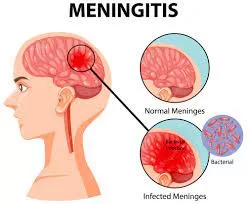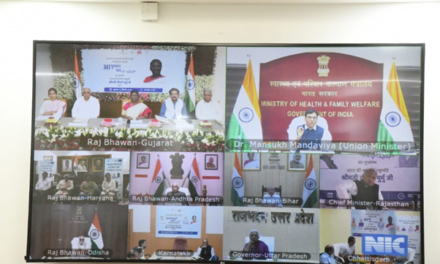Philadelphia, PA – A groundbreaking new study is exploring the potential of mRNA technology to treat celiac disease, a life-altering autoimmune disorder that affects an estimated 3.3 million Americans. Researchers at Penn Medicine, led by Dr. Drew Weissman and Dr. Jilian Melamed, are investigating how messenger RNA (mRNA) could be used to develop a “tolerizing vaccine” that would allow individuals with celiac disease to safely consume gluten.
For individuals like 11-year-old Jax Bari from Philadelphia, who suffers from severe reactions to even trace amounts of gluten, such a breakthrough would be life-changing. Bari, like many with celiac disease, experiences severe vomiting, diarrhea, and stomach pain when exposed to gluten, making everyday activities like eating out, attending birthday parties, and school events a constant challenge.
Currently, there is no cure for celiac disease other than strict adherence to a gluten-free diet. Even minor exposure to gluten can trigger an immune response that damages the small intestine, leading to long-term complications such as malnutrition, chronic digestive issues, and even an increased risk of gastrointestinal cancers, as confirmed by a December 2024 study published in Clinical Gastroenterology and Hepatology.
New Uses for mRNA Technology
mRNA technology, which played a crucial role in the development of COVID-19 vaccines, is now being explored for a range of applications, including cancer treatment and chronic disease management. While mRNA-based vaccines for infectious diseases aim to boost immune responses, the approach for celiac disease is different.
“In a way, we want to use mRNA to induce the opposite response you’d want for an infectious disease vaccine,” explained Dr. Melamed. “For diseases like COVID-19, you want to induce an infection-fighting response; for celiac disease, we want to stop the immune response already happening in the body.”
The goal is to train the immune system to recognize gluten as harmless, thereby preventing the inflammatory response that causes intestinal damage. Additionally, researchers are exploring whether mRNA could be used to protect the villi in the small intestine, which are essential for nutrient absorption.
Dr. Weissman, a Nobel Prize-winning researcher, emphasized the adaptability of mRNA technology. “The mRNA platform is very plug-and-play; you can use the same basic foundation and make little tweaks to the code, and then send it on its way,” he said. This flexibility has made mRNA vaccines effective against evolving viruses and may hold promise for treating autoimmune conditions like celiac disease.
A Future Without Fear?
While the research is still in its early stages, the potential for an mRNA-based therapy offers hope to millions suffering from celiac disease. However, experts caution that a universal treatment for celiac disease or other food allergies is not yet within reach.
“We would love if we found a straightforward connection to target, but celiac disease and allergies have their own unique mechanisms at play,” said Dr. Melamed.
In the meantime, Jax Bari is taking matters into his own hands by advocating for better food labeling laws in the United States. He has filed a Citizen Petition with the FDA, urging mandatory labeling of gluten-containing grains on packaged foods. Currently, labeling for barley, rye, and oats remains voluntary in the U.S., unlike in 87 other countries that require clear gluten labeling.
“Until there’s a treatment for celiac other than a gluten-free diet, requiring the labeling of gluten grains will have the greatest impact on improving quality of life and safety for Celiacs. Eating without fear is our mission!” Bari stated.
Disclaimer:
This article is for informational purposes only and does not constitute medical advice. The research on mRNA-based treatments for celiac disease is still in experimental stages and has not yet been approved for clinical use. Individuals with celiac disease should continue to follow their doctor’s recommendations and adhere to a gluten-free diet until new treatments become available.












